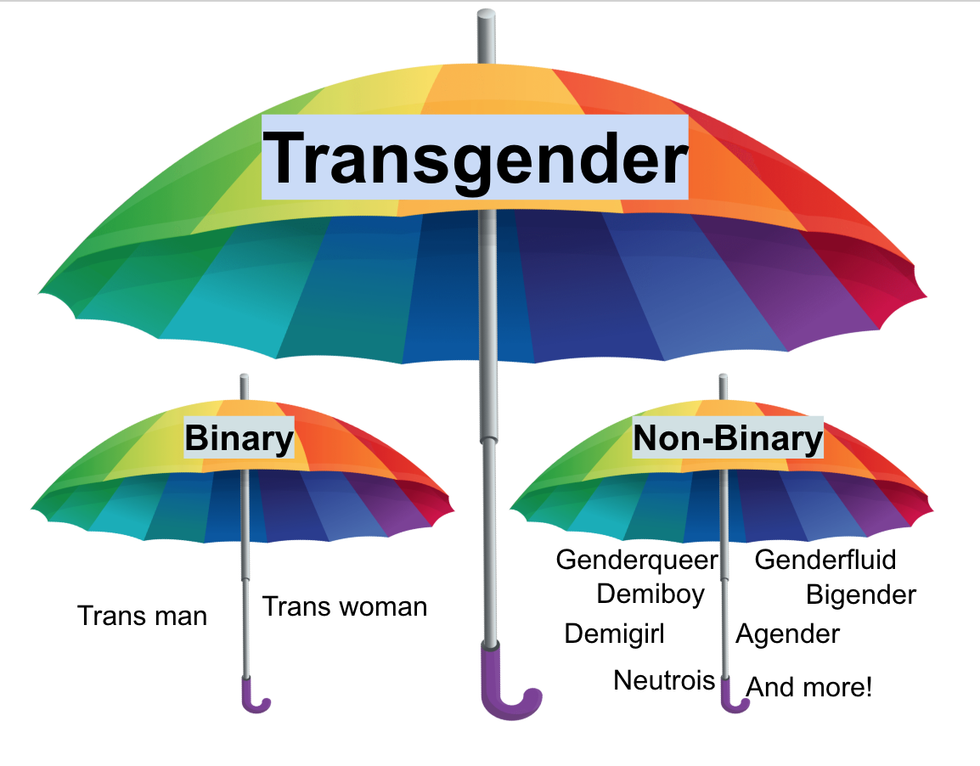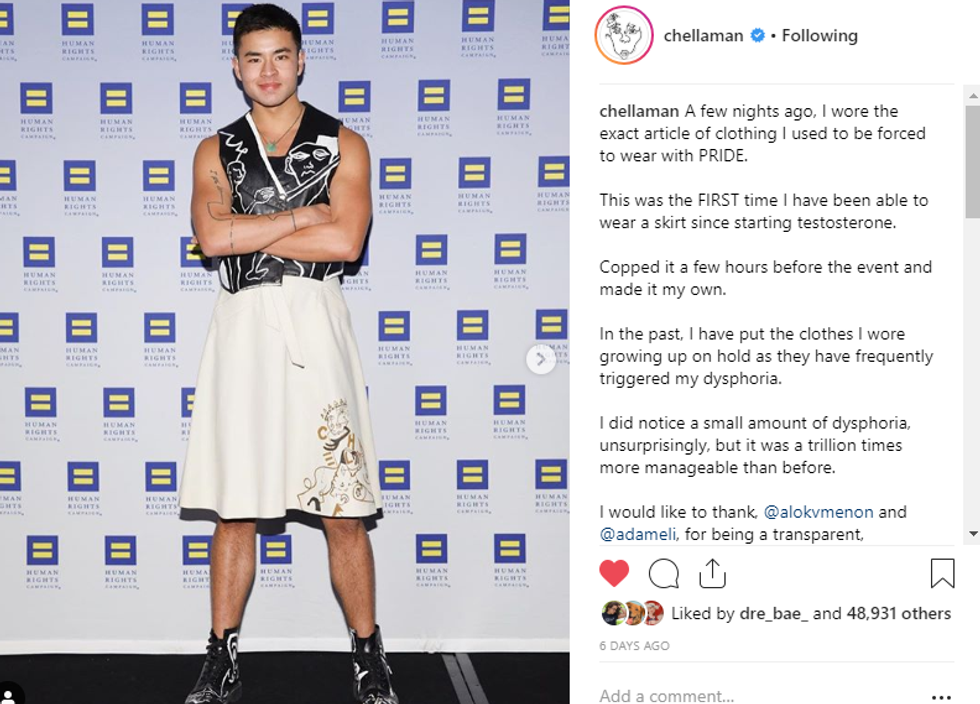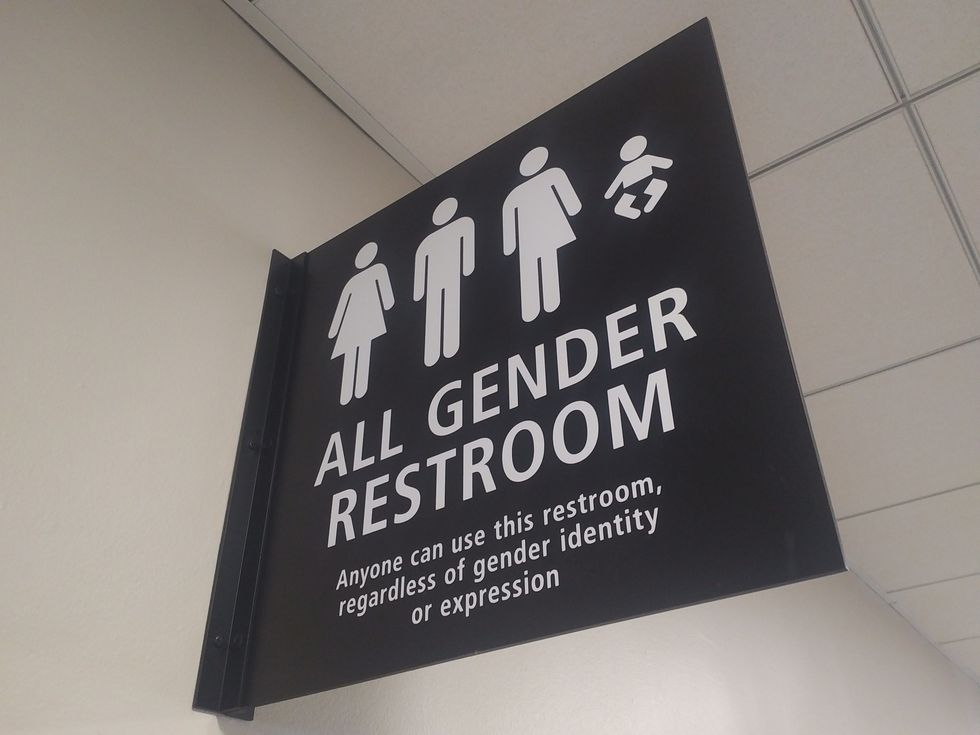Is The Military Transgender Ban Truly A Ban On Transgender People?
Even though it appears like it's a total ban, but there's more than it seems
Transgender military service has been in a state of flux over the past few years. In 2016, Secretary of Defense Ashton Carter conducted a yearlong study into the effects transgender service members have on the military. Carter's study examined the "medical, legal, and policy considerations" of allowing transgender service members to openly serve and found that there was minimal impact. Carter went on to say that "Our mission is to defend this country" and that "We can't allow barriers unrelated to a person's qualifications prevent us from recruiting and retaining those who can best accomplish the mission." Carter's plan was to implement the new policy within the following 12 months.
Though, before the policy could take effect, President Trump fired off a burst of tweets saying that the "United States Government will not accept or allow Transgender individuals to serve in any capacity in the U.S. military." His reasoning was that the military would incur "tremendous medical cost" and that transgender Soldiers would be both a burden and a disruption. Subsequently, the President directed the new Secretary of Defense, James Mattis, to conduct a thorough review.
Mattis assembled a "Panel of Experts" and charged them with reviewing all available data surrounding the issue. The panel concluded "that there are substantial risks associated with allowing the accession and retention of individuals with a history or diagnosis of gender dysphoria" and that individuals with a "history or diagnosis of gender dysphoria are disqualified from military service" unless they have been "stable for 36 consecutive months in their biological sex". Further, "service members diagnosed with gender dysphoria after entering into service may be retained if they do not require a change of gender and remain deployable". Moreover, service members who are currently serving and have been diagnosed with gender dysphoria are "grandfathered" in an will be able to still receive medically necessary treatments. Finally, "Transgender persons without a history or diagnosis of gender dysphoria, who are otherwise qualified for service, may serve, like all other Service members, in their biological sex." Making this less of the ban than President Trump desired and more of a limited service for transgender individuals.
It is important to understand that physical and mental fitness are paramount to the military's success. All Soldiers are a part of a team in which their lives rely on the mental and physical fitness of their fellow team members. To ensure that all team members are mentally and physically fit, the military has "Standards of Medical Fitness." For example, anxiety disorders, mood disorders, and even sleepwalking can be disqualifying for service. Anything that could interfere with job performance is disqualifying, including gender dysphoria. According to the American Psychiatric Association (APA), Gender dysphoria is a "conflict between a person's physical or assigned gender and the gender with which he/she/they were assigned." Individuals experiencing gender dysphoria have "increased rates of other mental disorders" and are at an "increased risk of suicide". Additionally, the APA found that "preoccupation with cross-gender issues can interfere with daily activities and cause problems in relationships or in functioning at school or work."
In my view, as a 14-year U.S. Army Infantry Veteran and former Drill Sergeant, gender dysphoria is no different from the other phenomena that preclude individuals from service and therefore should not be treated with exception.
Fortunately, the new policy still allows those who are transgender to serve, which is certainly an improvement on previous policies. Indeed, allowing all who are qualified is vital to our military's success. If they can do the job, to the standard, then they can serve, regardless of trivial differences. Differences that dissolve in the face of our superordinate goal, which is defending the county and keeping each other safe.










































